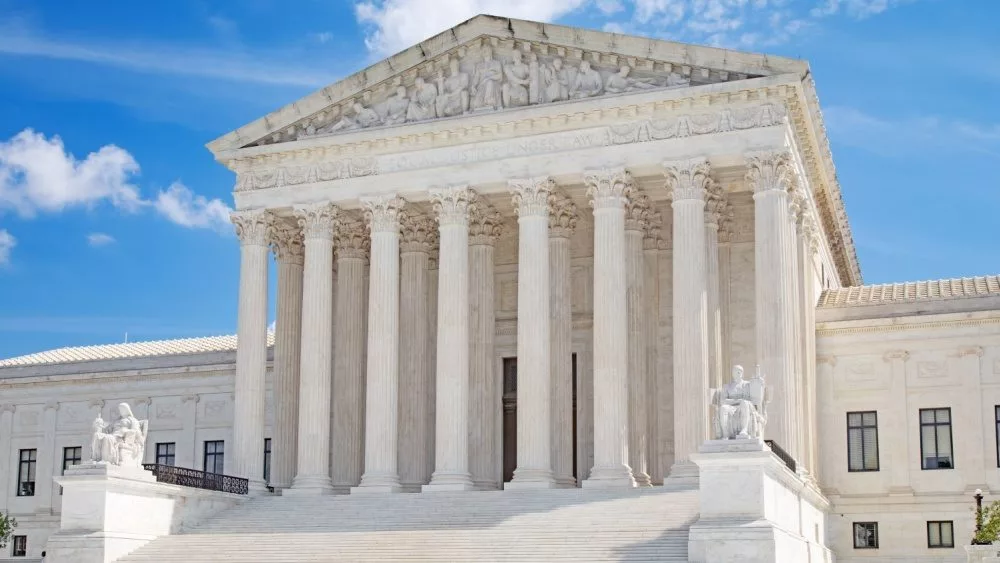President-elect Donald Trump is seeking intervention from the Supreme Court to block the sentencing in his hush money case in New York, which is scheduled for Friday at 9:30 a.m. Earlier this week, New York Judge Juan Merchan declined to block Trump’s sentencing, despite repeated appeals from his attorneys.
In a request for emergency relief filed with the Supreme Court on Wednesday, Trump’s attorneys asked the justices to temporarily block further criminal proceedings in New York state court, including his upcoming sentencing, before he takes office. Trump’s lawyers argued that the case should not go forward because the President-elect was protected by presidential immunity, as recognized by the Supreme Court earlier this year. They wrote: “This Court should enter an immediate stay of further proceedings in the New York trial court to prevent grave injustice and harm to the institution of the Presidency and the operations of the federal government.” Trump spokesman Steven Cheung said in a statement: “The Supreme Court’s historic decision on Immunity, the Constitution, and established legal precedent mandate that this meritless hoax be immediately dismissed.”
In addition to asking the Supreme Court to enter a stay, Trump’s lawyers said they have simultaneously asked the New York Court of Appeals, the state’s highest court, to block the proceedings. Justice Sonia Sotomayor, who oversees requests for emergency relief arising from the 2nd Circuit, has ordered Manhattan prosecutors to respond to Trump’s bid by Thursday at 10 a.m. A spokesperson for Manhattan District Attorney Alvin Bragg said his office “will respond in court papers.”
Judge Merchan, who presided over the trial, initially postponed Trump’s scheduled sentencing in July in the wake of the Supreme Court’s landmark decision finding former presidents cannot be federally prosecuted for official actions taken while in office. Trump’s sentencing was then set for Sept. 18, but was pushed back again to avoid interfering with the presidential campaign. After Trump was elected to a second term in early November, a Nov. 26 hearing was then delayed as the president-elect and Manhattan prosecutors argued over how to proceed with the case. Merchan later concluded Trump does not have immunity until he is sworn in as president.
Editorial credit: Fedor Selivanov / Shutterstock.com

